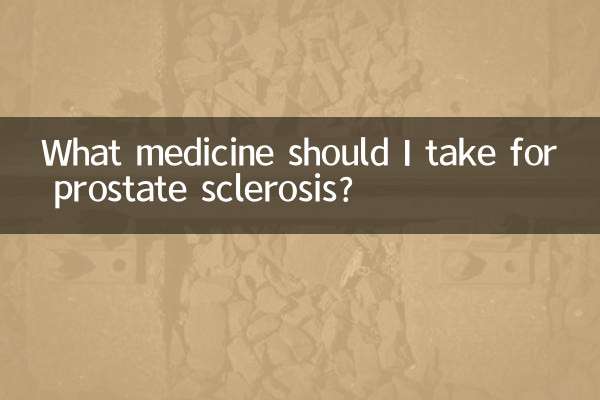What ointment to use for psoriasis
Psoriasis (commonly known as psoriasis) is a common chronic inflammatory skin disease characterized by red spots, scales, and itching. There are many types of ointments for treating psoriasis, and choosing the right ointment depends on the severity of the disease and individual patient differences. The following is a summary and recommendation of psoriasis ointments in hot topics on the Internet in the past 10 days.
1. Classification and recommendation of psoriasis ointments

Psoriasis ointments are mainly divided into the following categories:
| Ointment type | Representative medicine | Applicable symptoms | Things to note |
|---|---|---|---|
| Glucocorticoids | Hydrocortisone, mometasone furoate | Mild to moderate psoriasis, anti-inflammatory and anti-itching | Long-term use may cause skin atrophy |
| Vitamin D3 derivatives | calcipotriol, tacalcitol | plaque psoriasis | Avoid use on face and skin folds |
| Vitamin A acids | Tazarotene | refractory plaque psoriasis | Not suitable for pregnant women as it may cause skin irritation |
| immunomodulator | Tacrolimus, pimecrolimus | Psoriasis on face and sensitive areas | Avoid long-term use |
| natural ingredients ointment | Coal tar, salicylic acid | Mild psoriasis, adjuvant treatment | May have odor or staining |
2. Recommendations for popular ointments recently
According to recent discussions among netizens and recommendations from doctors, the following ointments are more popular:
| Ointment name | Main ingredients | advantage | shortcoming |
|---|---|---|---|
| Darius ointment | calcipotriol | Little side effects, suitable for long-term use | Slower effect |
| Elosone cream | mometasone furoate | Good anti-itching effect | Not suitable for long-term use |
| Meng Erfu Ointment | tacitol | Less irritating | higher price |
| ZEFX ammonium lactate | Ammonium lactate | Moisturizing and repairing | Limited effectiveness when used alone |
3. Precautions when using ointment
1.Use as directed by your doctor:Psoriasis ointments need to be used under the guidance of a doctor, especially hormonal ointments.
2.Used interchangeably:Long-term use of the same ointment may lead to drug resistance, so it is recommended to use different types of ointments alternately.
3.Be aware of side effects:When using hormone ointments, you need to be wary of side effects such as skin atrophy and telangiectasia.
4.Combination therapy:For moderate to severe psoriasis, ointments combined with phototherapy or oral medications are recommended.
5.skin care:Moisturize your skin during use of the ointment and avoid using irritating skin care products.
4. Adjuvant methods for psoriasis treatment
1.Phototherapy:Narrow-band UVB phototherapy has a better effect on psoriasis and needs to be performed in professional institutions.
2.Diet conditioning:Avoid spicy foods and eat more foods rich in omega-3 fatty acids.
3.reduced pressure:Stress may induce or aggravate psoriasis. It is recommended to reduce stress through exercise, meditation and other methods.
4.Moisturizing:Use a non-irritating moisturizer daily to help relieve symptoms.
5. Latest Treatment Progress
Recent studies have found that biological agents such as secukinumab and adalimumab have shown good results in the treatment of moderate to severe psoriasis. These drugs work by targeting specific inflammatory factors in the immune system, but are more expensive and require injections.
In addition, JAK inhibitors such as tofacitinib have also shown potential in the treatment of psoriasis, providing patients with new treatment options.
Conclusion:
The treatment of psoriasis requires an individualized plan. Ointments are the basic treatment, but the appropriate type needs to be selected according to the condition. It is recommended that patients use medication regularly under the guidance of a dermatologist and follow a healthy lifestyle to obtain the best treatment effect.

check the details

check the details